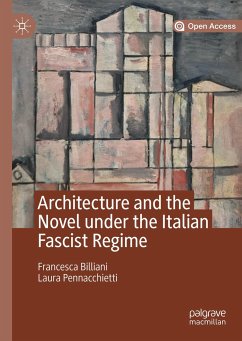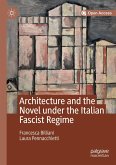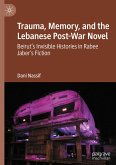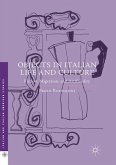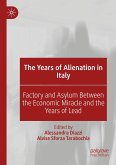Architecture and the Novel under the Italian Fascist Regime discusses the relationship between the novel and architecture during the Fascist period in Italy (1922-1943). By looking at two profoundly diverse aesthetic phenomena within the context of the creation of a Fascist State art, Billiani and Pennacchietti argue that an effort of construction, or reconstruction, was the main driving force behind both projects: the advocated "revolution" of the novel form (realism) and that of architecture (rationalism). The book is divided into seven chapters, which in turn analyze the interconnections between the novel and architecture in theory and in practice. The first six chapters cover debates on State art, on the novel and on architecture, as well as their historical development and their unfolding in key journals of the period. The last chapter offers a detailed analysis of some important novels and buildings, which have in practice realized some of the key principles articulatedin the theoretical disputes.
Bitte wählen Sie Ihr Anliegen aus.
Rechnungen
Retourenschein anfordern
Bestellstatus
Storno

